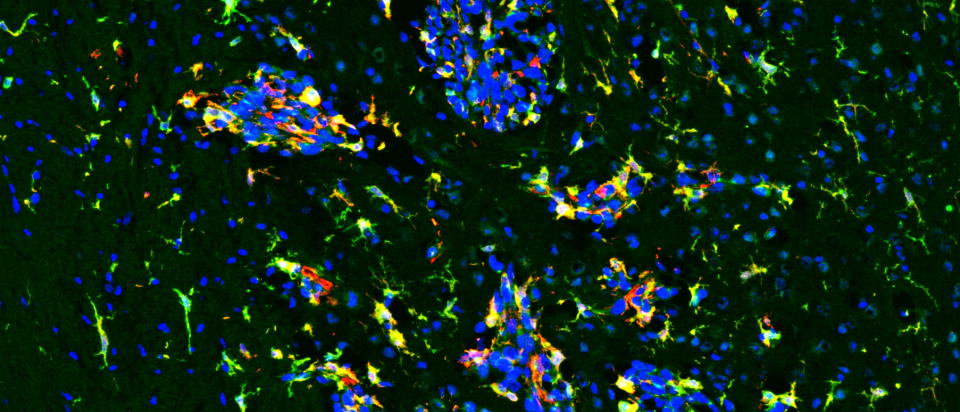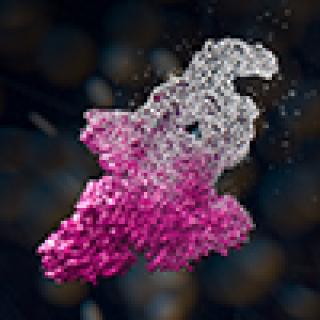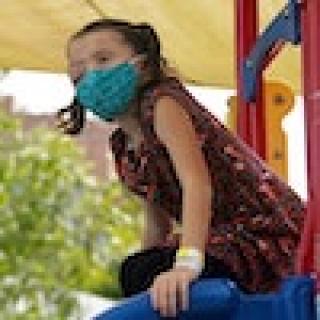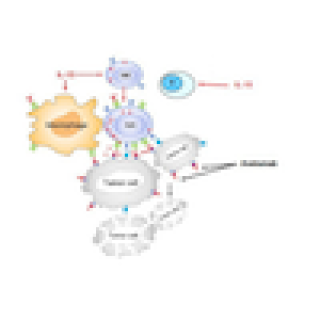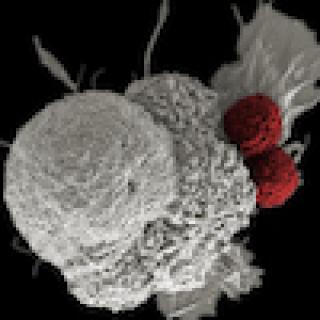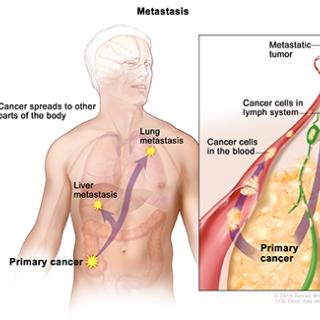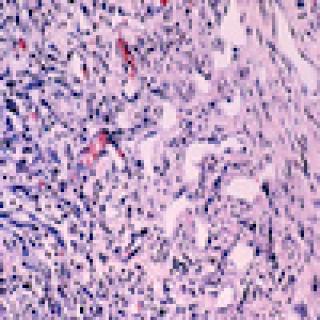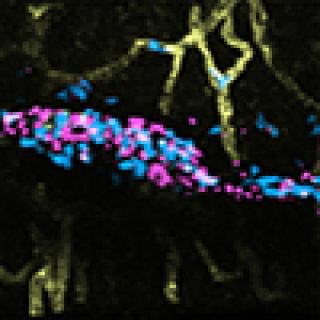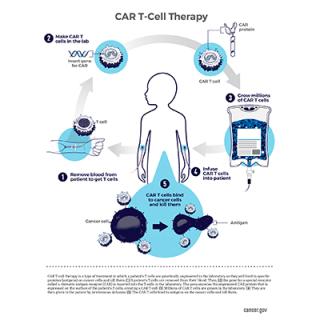News and Events
New Strategy Shows Promise Against Deadly Breast Cancer in the Brain
A new NIH study points to a promising strategy for treating aggressive breast cancer that spreads to the brain, a complication with few effective options. Learn how blocking a key brain cell survival pathway could open the door to future therapies.
Read MoreRegistration Open: Enhancers, Gene Regulation and Genome Organization
Registration is now open for the upcoming Enhancers, Gene Regulation and Genome Organization symposium. The goal of this meeting is to critically address the wealth of new data generated by bulk and single-cell molecular, imaging and computational approaches that are increasingly revealing how the genome folds to faithfully accommodate gene expression programs and cell fate decisions. The goal is to advance an understanding of how transcriptional enhancers function, how to separate cause and effect, and to identify critical questions that will guide future directions. Sessions Include: Enhancer Genetics, Enhancers in Development, Enhancer Biophysics, Enhancer in Disease and Enhancers and ncRNA.
Read MoreSelumetinib offers hope as first FDA-approved treatment for neurofibromatosis 1 (NF1)
Autumn Schierling is one of 50 children who have been participating since 2015 in a clinical trial of neurofibromatosis type 1 (NF1) at the NIH Clinical Center. In March 2020, the results of the trial were published and in April the FDA approved selumetinib as the first treatment for NF1. Brigitte Widemann, M.D., Chief of the Pediatric Oncology Branch who started conducting clinical trials for NF1 in 2001 was quoted as saying, “The medication’s approval is ‘huge progress’ and we will work to make more progress.”
Read MoreClinical trial evaluates a combination therapy for metastatic clear cell renal carcinoma
Kidney cancer is the 6th most common cancer diagnosed in the United States with greater than 73,000 new cases seen each year. CCR investigators are interested in studying a combination immunotherapy for its most common subtype, clear cell renal carcinoma, using Avelumab and interleukin (IL)-15.
Read MoreIn Memoriam: Larry K. Keefer, Ph.D.
The Center for Cancer Research mourns the recent death of past colleague Larry K. Keefer. He made major contributions to the understanding of the chemistry of the carcinogenic nitrosamines.
Read MoreClinical trial evaluates immunotherapy for head and neck cancer caused by HPV
A clinical trial, led by Christian Hinrichs, studies neoadjuvant immunotherapy for HPV-related head and neck cancer. Neoadjuvant means it is given before main treatments such surgery. The goal of the study is to see if T cells given before the main treatment can reduce the risk of the disease coming back and to convert borderline or unresectable tumors to resectable.
Read MoreTrial opens to evaluate a potential anti-metastasis compound
The Center for Cancer Research has opened a phase I trial to evaluate the safety and clinical activity of metarrestin, a compound that suppressed metastasis and extended survival in several preclinical cancer models.
Read MoreClinical trial will evaluate chemotherapy-sparing approach to treating Kaposi sarcoma
CCR physician-scientists have launched a clinical trial to evaluate whether the immune-stimulating molecule NHS-IL12, alone or in combination with an experimental immunotherapy called M7824, reduces tumors in patients with Kaposi sarcoma.
Read MoreUndergraduate research at NCI sparks curiosity and new connections
Brandon Ogbunu, a Professor of Ecology and Evolutionary Biology at Yale, recalls the time he spent studying gene regulation in Susan Gottesman’s lab. He says the experience sparked interests that have helped shape his career studying evolution and disease.
Read MoreInnovative imaging tools reveal how neutrophils fight inflammation in mice
CCR researchers used state-of-the-art imaging techniques to observe, in real time, the path neutrophils take as they move toward a site of inflammation in a mouse model. The images showed the neutrophils leaving the blood vessels and engaging with bacteria that had been introduced into the mouse’s footpad. These observations led to the team’s discovery that the leukocyte LTB4 directs the recruitment, engagement, and penetration of neutrophils into inflamed tissues.
Read MoreFDA grants rare pediatric disease designation for experimental immunotherapy for acute lymphoblastic leukemia
A cell-based immunotherapy that is currently being evaluated at the NIH Clinical Center for the treatment of B-cell acute lymphoblastic leukemia (ALL) has been designated by the U.S. Food and Drug Administration as a drug for a rare pediatric disease. Designation could encourage development of this novel therapy for children with relapsed or refractory ALL.
Read More